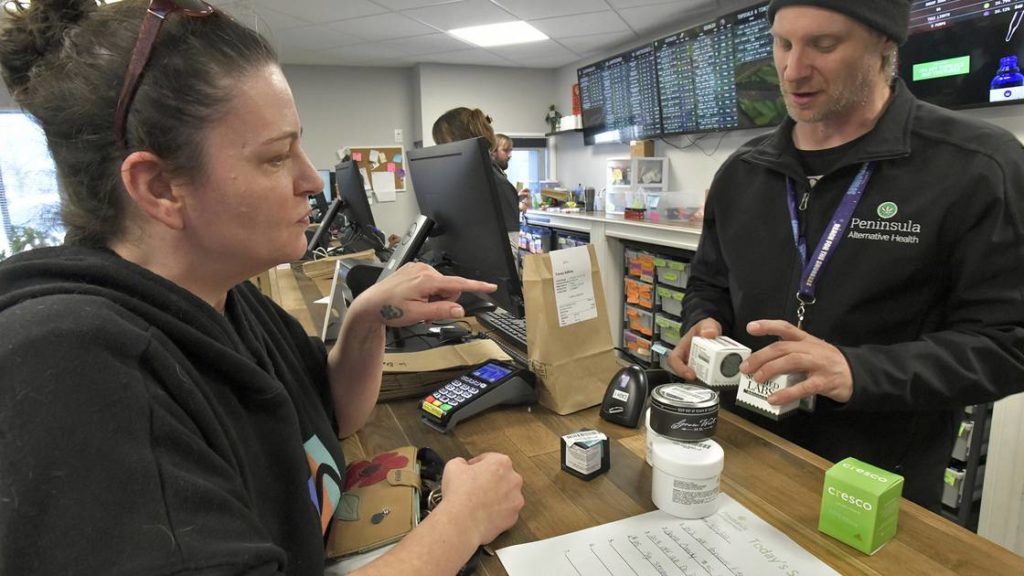Knowing firsthand the benefits of using cannabis, Darby got together with a couple of college friends and a doctor he’d recently met and they filled out a hundred-plus pages of forms, detailing their plans for a cannabis dispensary on the Eastern Shore.
Some had hired pricey consultants or made deals with out-of-state management firms to help with their application, but Darby and his friends won a license on their own.
In just a few years, the state’s cannabis industry has gone from crawling on the floor to hitting its head on the ceiling.
Justin Tepe, a lawyer at Goodell DeVries, where he started the Baltimore firm’s cannabis practice, has been tracking developments in Annapolis.
It primarily deals with expunging criminal records for people with cannabis possession convictions.
Wendy Bronfein, the chief brand officer and director of public policy at Timonium-based Curio Wellness, agrees.
Still, Bronfein said there should be distinctions between the medical and adult-use cannabis businesses to ensure that the medical industry isn’t hurt if recreational cannabis is legalized.
Jake Van Wingerden runs SunMed Growers in Cecil County, another of the state’s biggest cultivators.
Van Wingerden, who also leads the Maryland Wholesale Medical Cannabis Trade Association, said that if lawmakers handle legalization correctly, the pie would grow big enough so that everyone can get a slice.
The state should charge existing medical cannabis businesses a fee to join the recreational industry, Van Wingerden said, and use that money to fund a loan guarantee program.
The businesses that have the capital to succeed are often multistate operators, commonly known as MSOs in the industry, Van Wingerden said.
When Maryland started its medical cannabis program, lawmakers put caps on license ownership and restricted license holders from selling their licenses for at least three years.
Van Wingerden pointed to a November report from state regulators that found MSOs owned or controlled 39 of the state’s 101 licensed cannabis dispensaries, 11 out of 26 processors, and 10 of 21 cultivators.
Yet, he noted, independent Maryland dispensaries were largely outperforming their MSO competitors in sales.
The Baltimore Business Journal reported in February that the rule could be holding up a $20 million deal for a Massachusetts company that wanted to buy Hagerstown cultivator Kind Therapeutics.
“One of our best partners is GTI .
Last year, Darby and his partners at Peninsula Alternative Health decided to sell the dispensary.
But Darby said he believes in Peninsula Alternative Health’s patient-centric model.
Brimer said she’s tried the dispensaries on the Eastern Shore and few in the Baltimore area, but none are quite like Peninsula Alternative Health.
Earlier this year, state regulators approved the sale of Peninsula Alternative Health to a Maryland family that owned a small dispensary in Silver Spring.
The dispensary will face stiff competition in the Washington, D.C., suburb, which has several nearby dispensaries, but that doesn’t faze Darby.
